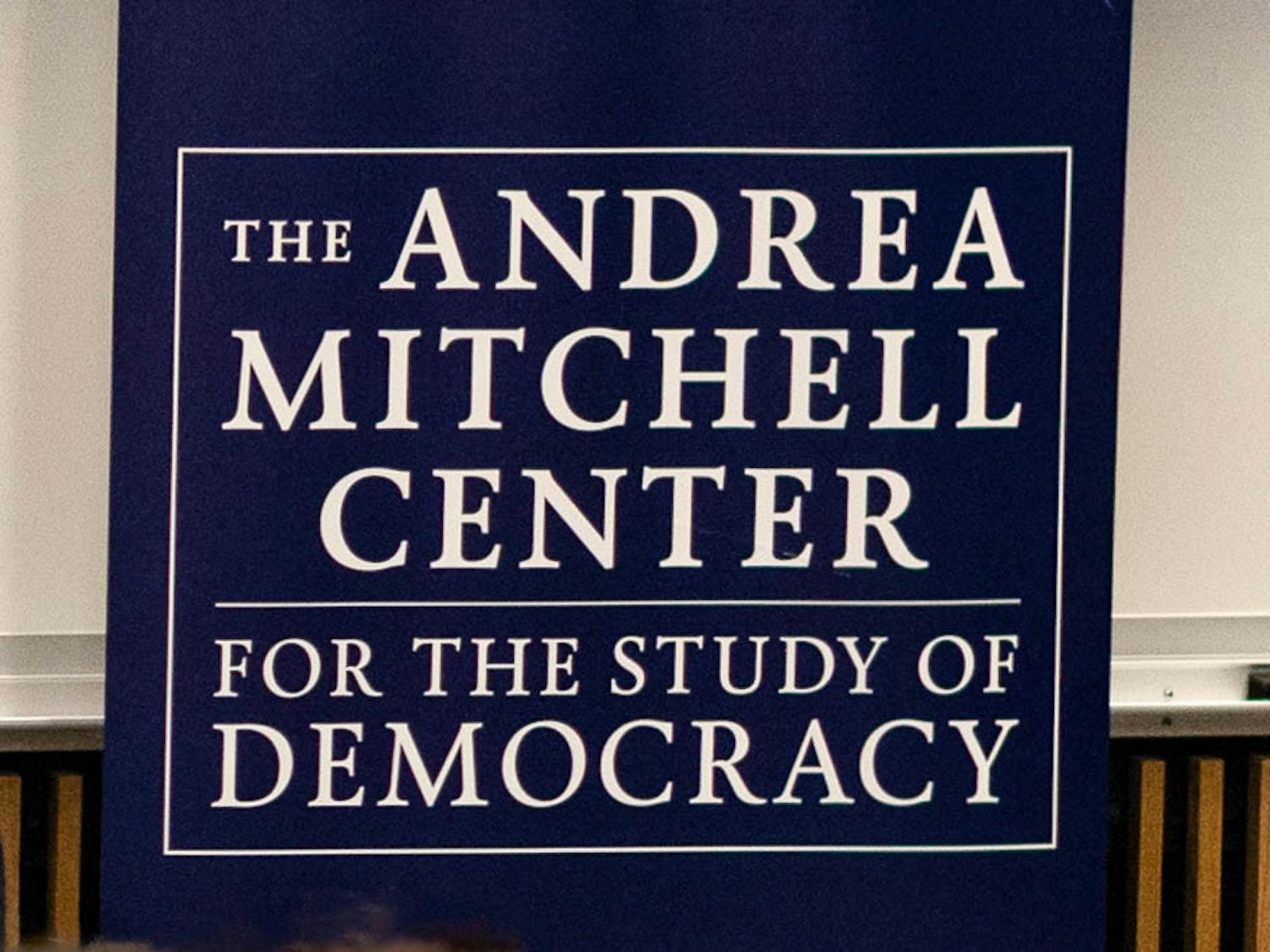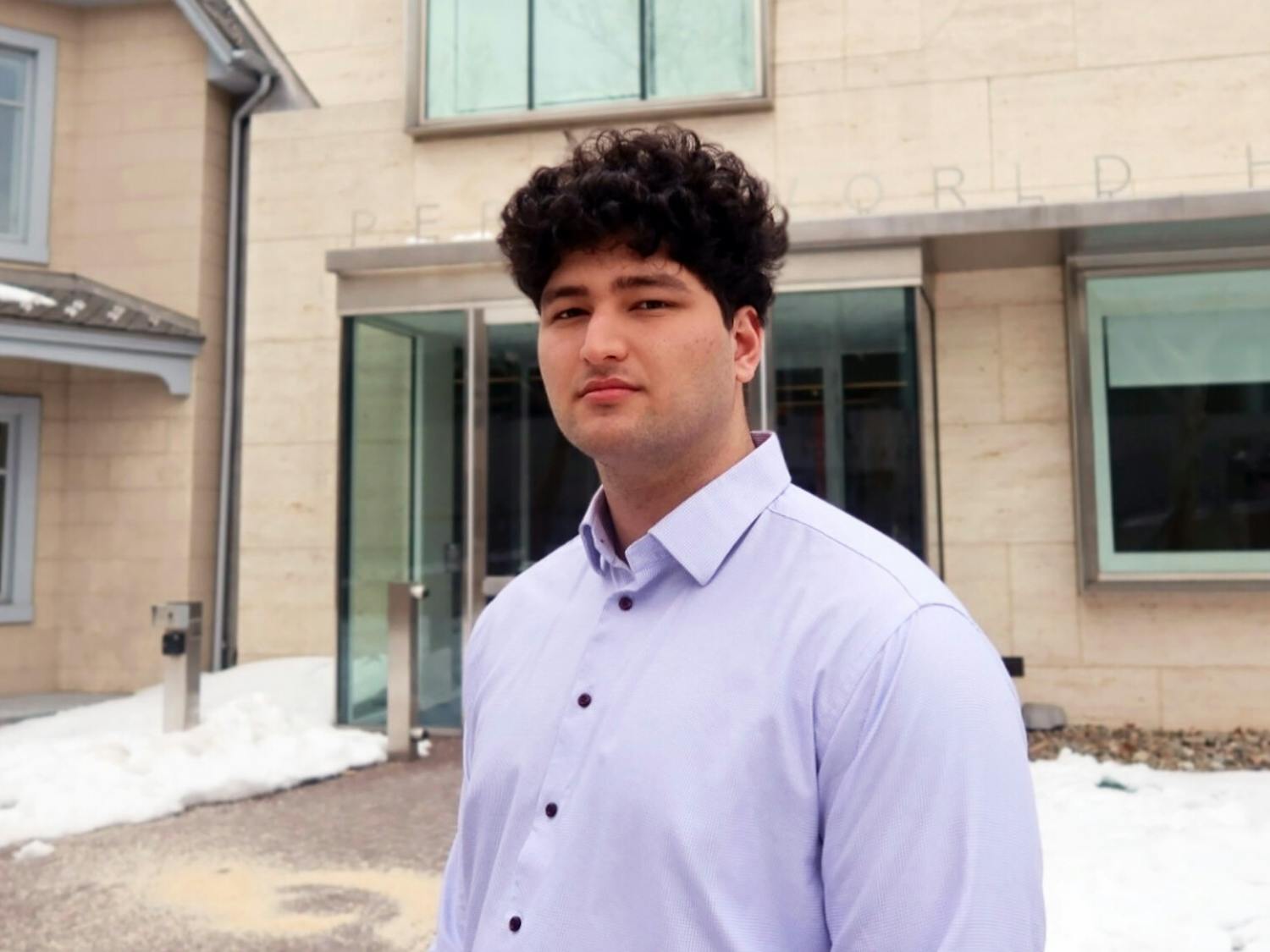The University sponsored another symposium Wednesday as part of its 250th anniversary celebration, but for the second straight day last week, only a handful of students attended. The symposium, "Purposes and Prospects for Universities: An International Perspective," was held in the Annenberg School Auditorium and featured acclaimed educators from the Philippines, England, Japan, the Soviet Union and the University. During much of the five-hour session of discussions and speeches, many panelists addressed the new challenges facing the higher education system, looking at municipal financial crises and the changing face of Eastern Europe. Stanislav Mercuriev, rector of the University of Leningrad, said he is concerned about the financial survival of many Soviet schools, adding that the key to the success of reforms pressed by Soviet President Mikhail Gorbachev is education. During his talk, he explained that the political crisis in his country impacts the future of its education system since no one is sure who will support the universities financially -- a responsibility that has typically been filled by the state. Mercuriev added that there will be several other important changes resulting from Gorbachev's reforms, including more student access to the universities and more cooperation with Western nations. But he added that free education will now be impossible with a new market economy. Other professors, including Tatsuhiko Kawashima, an economics professor at Gakushuin University in Japan, described what they believed the university should be. Kawashima used the quotation of "a University should be a place of light, of liberty, and of learning," as the basis for his discussion. He explained that "light is geographically boundless" as information and knowledge should be in a University; liberty reflects the academic freedom that ought to exist; and learning should provide that "students as well as professors carry out creative research activity." Many speakers addressed research as a major issue affecting universities worldwide. Princeton University Professor Bernard Lewis said people should realize the distinct correlation between research and effective teaching. "Good teaching cannot be achieved by anyone who is not personally involved in research," Lewis said. He also emphasized the importance of knowledge about the humanities, especially history. He added that countries are "dependent upon one another because of a technological global community" regardless of geographical proximity. Many people in the audience said they found the speeches interesting and insightful. However students in the audience said they were unsure how correct the speakers were since they had no substantial interest or knowledge of the topics before yesterday.
The Daily Pennsylvanian is an independent, student-run newspaper. Please consider making a donation to support the coverage that shapes the University. Your generosity ensures a future of strong journalism at Penn.
Donate







